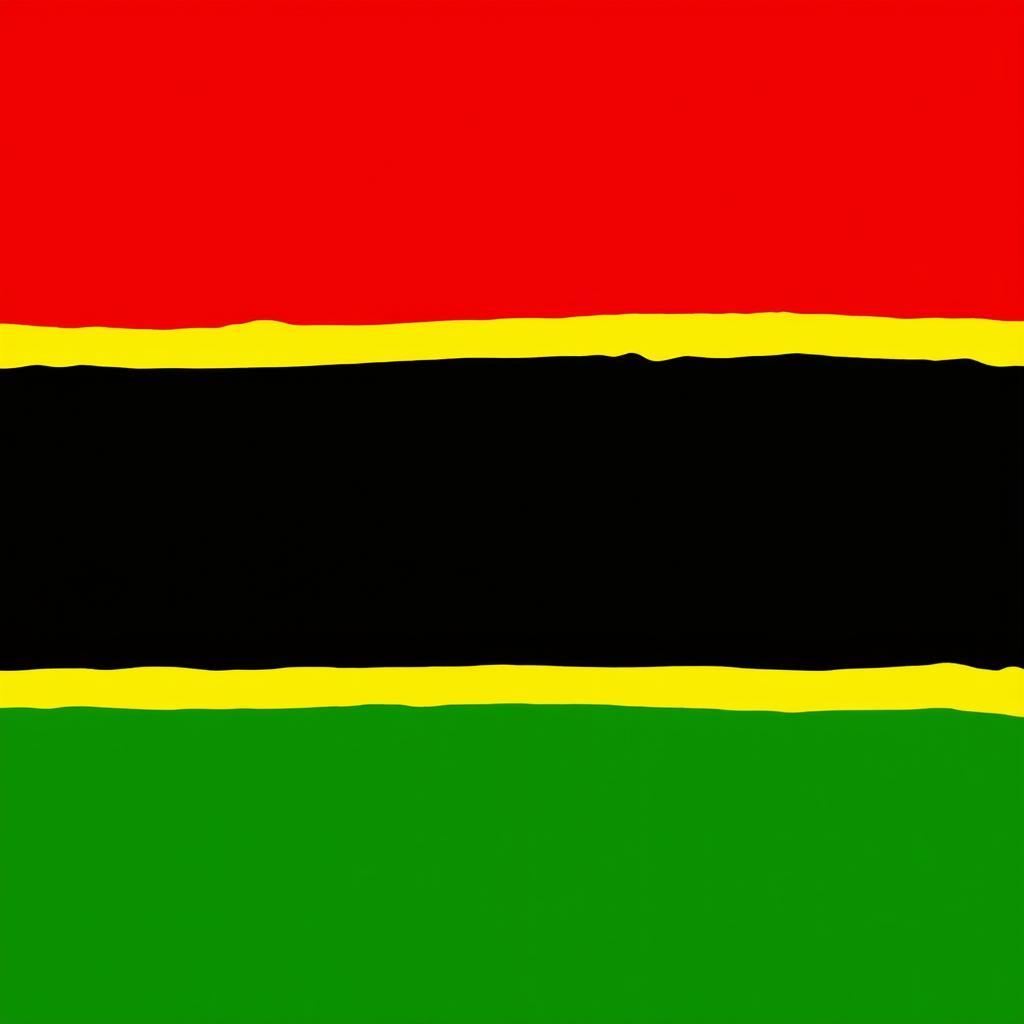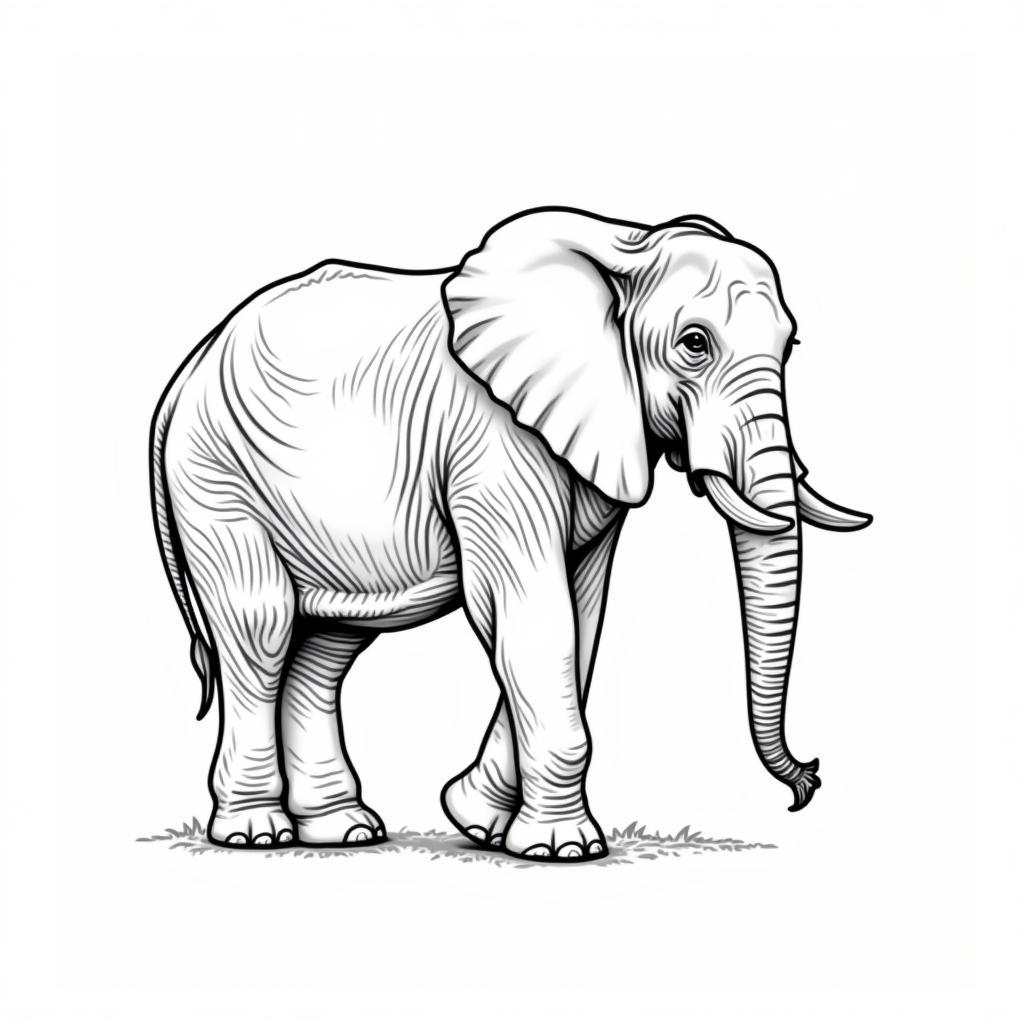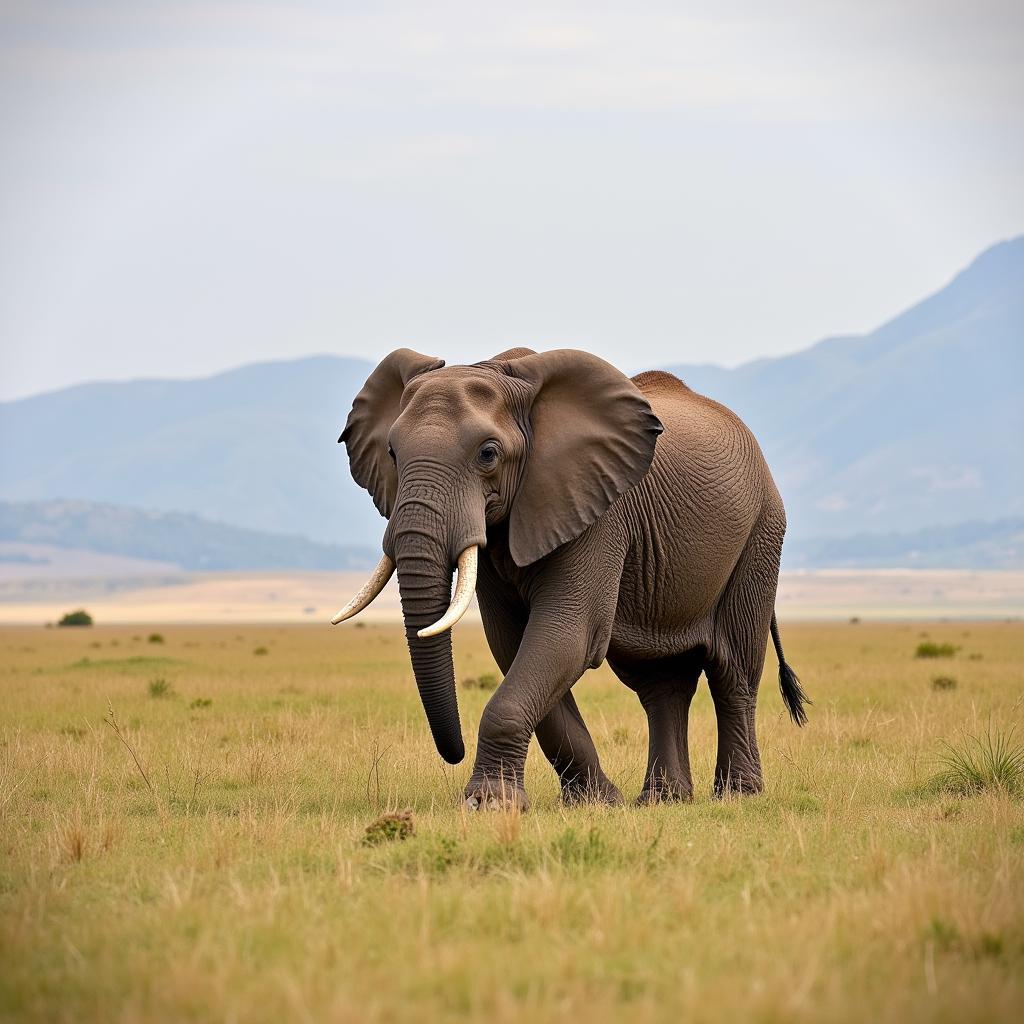The Rhythmic Heart of Africa: Exploring the African Drums Circle
The captivating pulse of the African Drums Circle draws you in, a vibrant tapestry of rhythm and community. From ancient rituals to modern celebrations, the African drum circle holds a central place in the cultural landscape of the continent. It’s more than just music; it’s a language, a story, a way of life.
The Significance of the African Drums Circle
African drums have served as vital communication tools across vast distances for centuries. Beyond their practical use, drums are integral to ceremonies, rituals, storytelling, and social gatherings. The drums circle, in particular, symbolizes unity, community, and connection to ancestors. Each beat resonates with history and tradition, echoing through generations. The rhythmic patterns woven by skilled drummers create an atmosphere of shared experience, connecting individuals to something larger than themselves. What makes the African drums circle so powerful is its ability to transcend language and cultural barriers, fostering a sense of belonging and shared humanity. This is especially evident in celebratory events where the drums circle becomes the heart of the festivities, driving the energy and inspiring movement. This deep connection to community is a defining characteristic of many African cultures. After a long day, villagers often gather around the fire, the rhythmic pulse of the drums circle filling the air, bringing people together. You can explore various African drum beats to understand the complexity and diversity of these rhythms.
One might wonder how these complex rhythms are created. Well, the interplay between different drums, each with its own unique tone and pitch, creates a rich and layered soundscape. This sonic tapestry is further enhanced by the use of other percussion instruments, such as rattles, bells, and shakers, which add intricate textures to the music.
Exploring Different Types of African Drums
There’s a fascinating variety of African drums names, each with a unique sound and purpose. The djembe, with its goblet shape and rich tones, is perhaps the most well-known. Then there’s the talking drum, capable of mimicking the tones and inflections of human speech. Other prominent drums include the dunun, often played in ensembles, and the kpanlogo, integral to Ghanaian music. Each drum contributes its distinct voice to the overall symphony of the African drums circle. These instruments are not just tools for creating music; they are vessels of culture and tradition, carrying the stories and history of their people.
Learning to play these drums is a journey of discovery, connecting you to the rich musical heritage of Africa.
How is an African Drum Circle Structured?
The structure of an African drums circle can vary depending on the cultural context and the purpose of the gathering. Often, a lead drummer sets the primary rhythm, providing a foundation for other drummers to build upon. These master drummers are highly respected within their communities, their knowledge of rhythm and tradition passed down through generations. They guide the flow of the music, introducing variations and signaling changes in tempo or rhythm. The other drummers then layer their own rhythms on top of the main beat, creating a complex and interwoven tapestry of sound. This interplay between the lead drummer and the other participants creates a dynamic and ever-evolving musical experience.
What are the benefits of participating in an African Drum Circle?
Participating in an African drums circle offers a multitude of benefits. It’s a powerful way to relieve stress, improve focus, and boost creativity. The rhythmic drumming can induce a meditative state, promoting relaxation and a sense of well-being. Moreover, it fosters a sense of community and connection, bringing people together in a shared experience. Beyond the individual benefits, the African drums circle strengthens social bonds, promotes cultural understanding, and preserves ancestral traditions.
Dr. Kwame Nkrumah, a renowned ethnomusicologist, emphasizes this, saying, “The drum circle is not just about making music; it’s about creating community, connecting with our heritage, and healing the soul.”
Experiencing the Magic of African Drumming
For those seeking to delve deeper into the world of African music, exploring African drum music for dance can be a fantastic starting point. The intertwined relationship between drumming and dance in African culture is a testament to the power of rhythm and movement. African dance music provides a vibrant backdrop for various traditional dances, each telling its own story and reflecting the cultural nuances of its origin. These dances are often integral to ceremonies, celebrations, and social gatherings, reinforcing the importance of community and shared experience.
Conclusion: The Enduring Legacy of the African Drums Circle
The African drums circle is more than just a musical gathering; it’s a living testament to the rich cultural heritage of the continent. It’s a powerful expression of community, a celebration of life, and a connection to ancestral traditions. The rhythmic heartbeat of the African drums circle continues to resonate throughout the world, reminding us of the power of music to unite, heal, and inspire. Exploring African drumming facts will provide further insight into the rich history and cultural significance of these traditions.
FAQ
- What is the most common type of African drum? The djembe is one of the most recognizable.
- What is the purpose of an African drum circle? It serves various purposes, including rituals, celebrations, communication, and social gatherings.
- Are there different rhythms used in African drumming? Yes, a wide array of complex and diverse rhythms exist across different regions and cultures.
- Can anyone participate in an African drum circle? Absolutely! Drum circles are often open to all skill levels and backgrounds.
- What are the benefits of joining a drum circle? Participating can reduce stress, improve focus, and foster a sense of community.
- Where can I find an African drum circle near me? Search online or check local community centers and cultural organizations.
- How can I learn to play African drums? Many resources are available, including online tutorials, workshops, and classes.
Common Scenarios and Questions
- Scenario: I’m traveling to Africa and want to experience an authentic drum circle. Question: Where are the best places to find authentic drum circles in Africa?
- Scenario: I want to learn to play the djembe. Question: Are there online resources for learning African drumming?
- Scenario: I’m organizing a community event and would like to include an African drum circle. Question: How can I find a qualified drum circle facilitator?
Further Exploration
Explore other articles on our website about African music, dance, and culture to deepen your understanding.
Call to Action
For any assistance, please contact us at +255768904061, email kaka.mag@gmail.com, or visit us at Mbarali DC Mawindi, Kangaga, Tanzania. Our customer service team is available 24/7.




